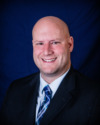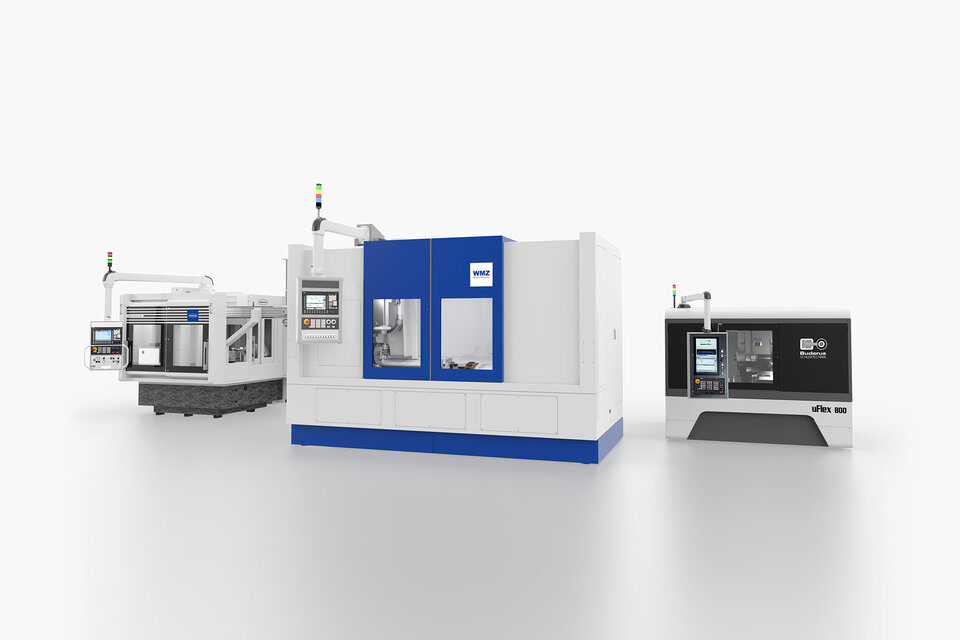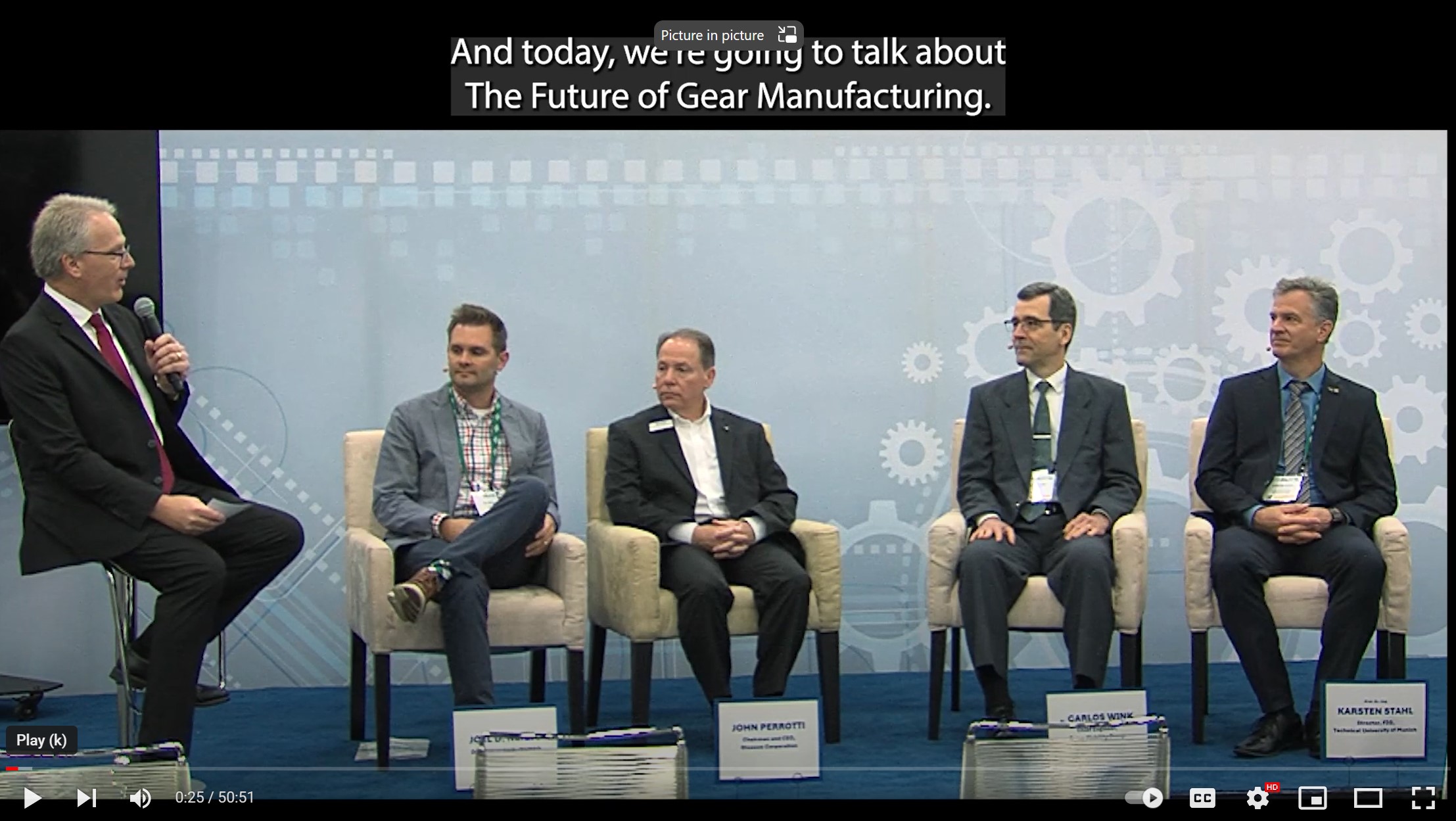Electric drives for vehicles continue to be technically challenging in terms of range, efficiency, and sustainability, among other things.
This means that the mobility of the future is still in the development phase, albeit at a very advanced stage. The stringent requirements of electromobility also increase the requirements on the components, processes, and machinery. DVS is answering these challenges with modular system solutions.
The DVS companies Werkzeugmaschinenbau Ziegenhain (WMZ), Buderus Schleiftechnik, PRÄWEMA Antriebstechnik, and DVS Production developed such a solution for the complete machining of rotor shafts for electric motors, which combines these key factors for future feasibility:
Quality
With comparatively high speeds of 15,000–30,000 rpm, electric drives require much higher quality surfaces, gear teeth, as well as geometrical tolerances. Since both the WMZ machine for soft machining and the Buderus machine for hard-fine machining each provide complete machining processes, the number of clamping processes is much lower, which also lowers the potential for errors.
Even more important for the final quality, however, is the coordination within DVS’s technology toolbox: The tools, processes, and machines in the system are constantly learning from each other from the data generated, which allows them to be optimally adjusted to each other. But not only the data has a say – the specialists in the Group are also communicating continuously and sharing their know-how.
The edge in quality is not only measurable, it can even be experienced by the end user. The significant reduction of the “Noise Vibration Harshness” (NVH) leads to a much quieter and more pleasant driving experience for the driver and passenger.

Economic Viability
In most cases, higher quality means higher costs. But the future of mobility must also be feasible economically in order to present a real solution. The good news is that the system solution from DVS is also impressive in this regard. Modular complete machining reduces the number of machines and work steps, which in turn saves costs for procurement, maintenance, facility, energy, and personnel. Compared to conventional processes, this results in savings of 30–40% in unit costs.
Flexibility
Whatever the future may bring, one thing is for sure: change. The ability to react to new framework conditions and requirements is therefore a decisive factor for sustainability and thus investment security. Rigid approaches that only take today’s situation into account are doomed to fail sooner or later.

This is why DVS’s technology toolbox is modular. The subcomponents can be flexibly adapted or expanded, such as through automation solutions. Taking the example of the E-shaft, the following components contribute to an efficient overall solution: WMZ provided a complete processing machine for the complete soft processing of the hollow shaft, hard-fine machining after hardening is provided by the uFlex series machine designed by Buderus Schleiftechnik, and the gear honing machine by PRÄWEMA Antriebstechnik.
https://www.dvs-now.com/en/posts/future-mobility-maker-enabling-the-future
Article written by DVS with additional edits from Matthew Jaster, senior editor.







